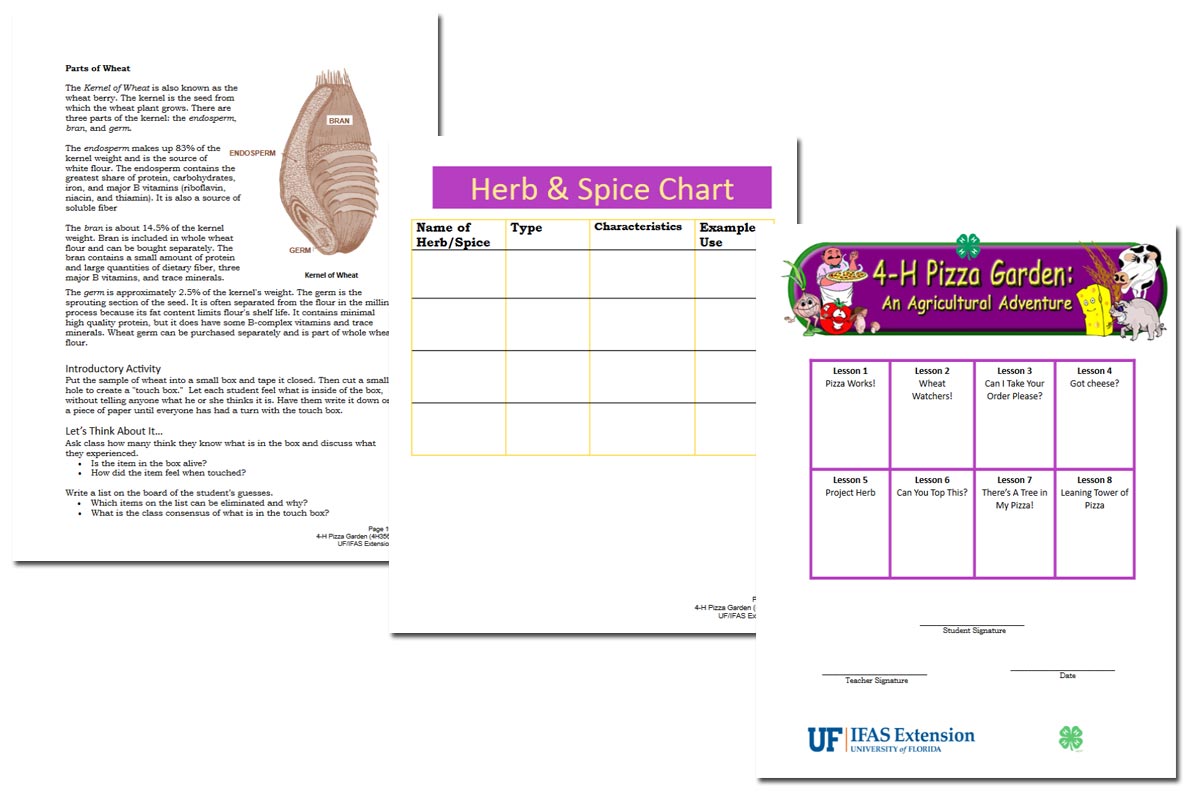
Modern education has a problem: it tends to teach children how to take tests, rather than how to think.
Students who work a practice book before a test do in fact score better on the test. They play that game to score as well as they can. But does it make them better thinkers in life? Not really.
In one customer testimonial a parent wrote that her child scored well after using the curriculum. Then the following year his test score fell, so the third year she wanted him to use a thinking book again. This illustrates how poorly the skills transfer, as well as the artificial nature of this kind of testing. If the student had transferred the skills into life and into schools subjects, he would indeed have been a better thinker a year later at test time.
This indicates that thinking does not work well as a separate subject. Students should practice thinking in every subject and in family life, too. We are preparing children for life, not for tests.
Dr. Ruth Beechick, A Biblical Home Education
Here are five ways we can encourage our children to become better thinkers:
- Read. Yes, passive reading has its place. But we also need to read to think. There are a variety of ways to interact with literature. This type of interaction helps our minds process what we have read, and gives the material sticking power. Other ways to use reading to develop a better thinker is to encourage our children to read things slightly above their level, and to develop their vocabulary.
- Write. Thinkers are not only readers, but also writers. Writing continues the process of interacting with what we have read. We write to remember, to organize our thoughts, to play with others’ words. Rewriting what another has written broadens our understanding and commits words and thoughts to memory.
- Discuss. It takes patience to listen attentively to what is on the minds of our children. But by letting them discuss what they have read, they are not only thinking more about what they have read, but also organizing their thoughts and conveying their understanding, giving us an opportunity to guide them in taking every thought captive, and sharing other points of view.
- Investigate. Everyone has an interest in something. By allowing our children to follow these interests through, they develop their ability to research, reason, and relate what they have learned. The motivation from within spurs our children on to a broader understanding, and not just of the topic at hand. The skills they develop in the process will carry over into other disciplines.
- Observe. All subjects are interrelated, and nothing happens in a vacuum. When we learn about a situation in Afghanistan, we are not simply absorbing geographical knowledge, but also historical and political. By providing our children with time to observe the news, the weather, nature, or the way things work, they will develop their skills of observation — and an observer is a thinker.
One final thought. As a Christian, I want my children to measure their activity in each of these areas by Scripture. Since God’s Word is truth, that is the plumb line in our home. Measuring another’s words against my own thoughts is an exercise in futility. But measuring another’s words by Scripture is taking every thought captive.










You must be logged in to post a comment.